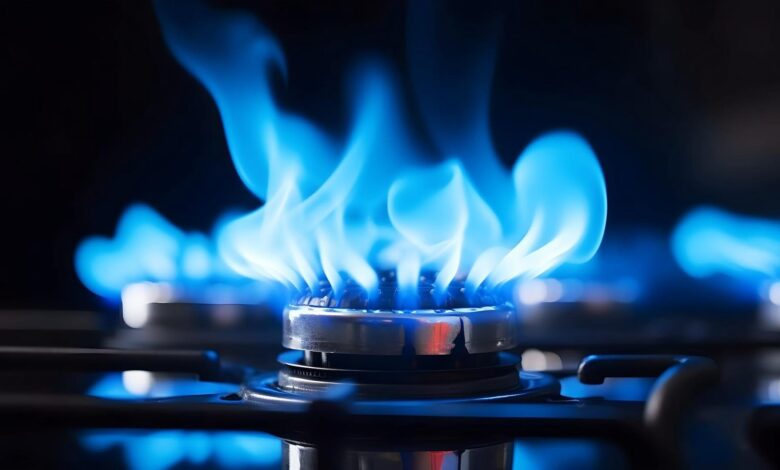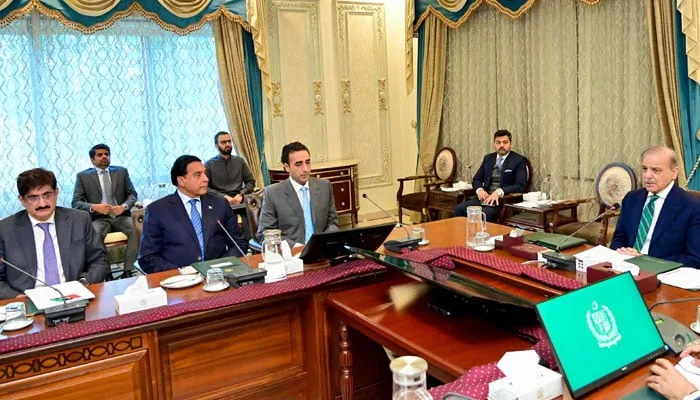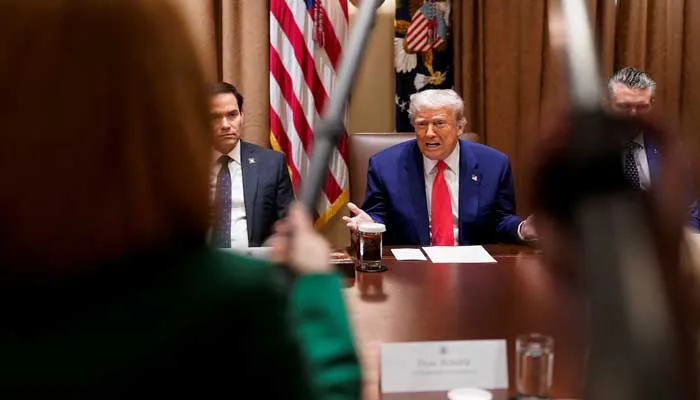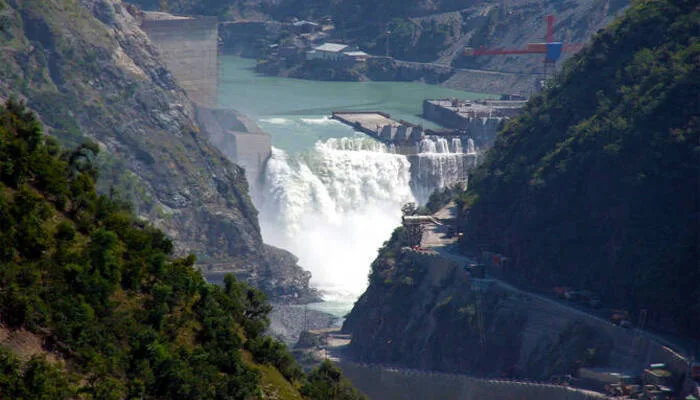
The government is planning to impose a price equalization levy, also known as a surcharge, on the gas produced at wellheads. This move aims to help cover the costs of subsidies for residential consumers and certain industrial sectors, easing the burden on the federal budget by Rs10-15 billion each year.
This initiative is part of a broader effort to reform the petroleum sector, guided by the Prime Minister’s Office in collaboration with international financial agencies. The goal is to transform the country’s struggling gas companies into self-sustaining and profitable enterprises, paving the way for their eventual privatization.
The country is facing serious energy challenges, with its population expected to exceed 250 million by 2050. Despite being a rapidly growing nation, Pakistan’s per capita energy consumption is among the lowest in the region. Currently, each person in Pakistan consumes about 0.33 tonnes of oil equivalent (TOE) energy, compared to 0.39 TOE in Sri Lanka and 0.65 TOE in India.
Even if the country continues to grow at a moderate pace of 3.5 percent per year, the energy demand is expected to nearly double by 2045. This presents a significant challenge, as Pakistan currently relies heavily on fossil fuels—oil, gas, and coal—to meet about 82 percent of its energy needs. The majority of these fuels are imported, which is a huge strain on the country’s foreign exchange reserves, as energy imports account for more than 30 percent of the total import bill.
In addition to this, the domestic supply of gas is projected to decrease significantly over the next decade. By 2035, the supply could drop from around 3 billion cubic feet per day (bcfd) to just 1 bcfd, while demand is expected to rise from 5 bcfd to 6.2 bcfd.
To address these issues, the petroleum division has already hired, or is in the process of hiring, a dozen local and international consulting firms to provide technical, financial, and expert advice. Additionally, a new tier of senior officials with specialized expertise is being inducted into the petroleum division.
Petroleum Minister Dr. Musadik Malik has been tasked with overseeing the development of a new pricing model that blends the revenue requirements for different types of gas: wellhead gas, pipeline gas in the Sui network, and imported Regasified Liquefied Natural Gas (RLNG). The aim is to meet the overall revenue needs of the gas network through a Weighted Average Cost of Gas (WACOG).
The government has set a deadline of August 16 to recruit at least six technical analysts, as well as legal and financial consultants for various sectors. Although there may be a slight delay, officials expect the process to be completed shortly after the deadline.
This initiative is designed to create a more competitive gas market by separating pipeline operations from distribution companies, a model that has been difficult to implement in the power sector since the 1990s.
International interest in Pakistan’s gas sector is growing, particularly from Middle Eastern companies. Restructuring the Sui Southern Gas Company Limited (SSGCL) and Sui Northern Gas Pipelines Limited (SNGPL) into pipeline companies, with the private sector taking over distribution and sales, could attract foreign investment if the process is handled professionally.
The petroleum division is also working on digitizing the exploration and production sector, using advanced technology like artificial intelligence to improve resource management and predictive maintenance. This could further enhance the appeal of Pakistan’s energy sector to international investors.
Follow us on Instagram, YouTube, Facebook, Whats App, and TikTok for latest updates.
















